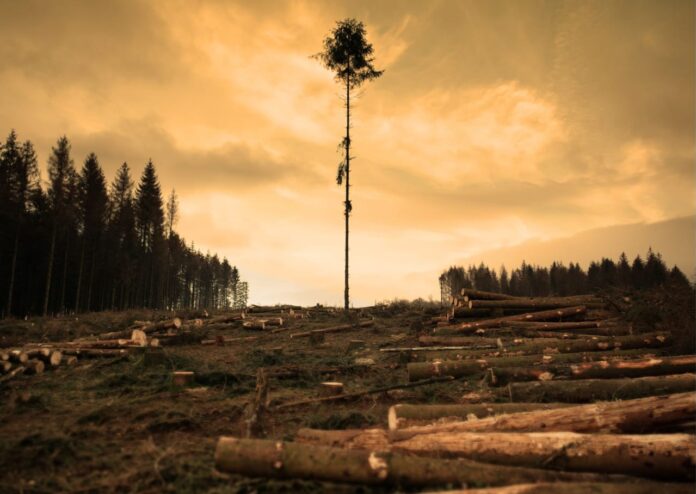Nature is part and parcel of human life. Since human civilization started its journey on Earth, nature has been providing all the necessary things in letter and spirit to fulfill our demands. In exchange, what are we doing to it? Our behavior towards nature is pushing it to the verge of ruin. Yes, that’s the bitter truth and nobody can deny it. This article will give you a glimpse of what is happening in sub-continental countries.
Let me start with a country like Bangladesh. Environmental pollution now looms large in Bangladesh. From hill tracks to lowlands, the scenario is the same everywhere. The CRB road, also known as the heartbeat of Chittagong city, is witnessing the cutting down of many old trees to build an elevated expressway. Simultaneously, in the hill tracks where various indigenous people reside, their habitats are being replaced by resorts and factories, contributing significantly to the release of a large amount of carbon into the air. And what about Dhaka city, the capital of Bangladesh? Day by day, Dhaka is becoming more polluted as authorities remain silent and inactive. To protect nature, numerous activists and naturalists are taking to the streets to raise their voices and create awareness among the masses, urging for the immediate implementation of laws and regulations to halt this brutality. However, nobody is there to heed their pleas. That’s the harsh reality!
Cigarettes and tobacco products also contribute to the increase in carbon emissions in the air. In India, almost 600 million trees are chopped down every year just to produce paper for the tobacco industry. On average, each tree can cover at least 15 packages of tobacco. Some research claims that India has taken the second place in deforestation after Brazil. On average, approximately 6,68,400 hectares of forest disappear yearly.

A group of environmental activists claimed that around 49,600 trees were cut down to provide resources for the very recent election in Pakistan. As usual, higher authorities denied this and stated that while Pakistan has very little forested area, it is not possible to cut down such a large number of trees. However, regardless of whether trees were actually cut down in Pakistan, the fact remains that deforestation is happening worldwide, and Pakistan is also responsible for it.
Deforestation is one of the major pressing issues in another subcontinental country like Sri Lanka. In 1882, Sri Lanka had almost 82% forested land. Between 1990 and 2000, it lost forests at an average rate of 1.4% annually. Overall, from 1990 to the following 15 years, Sri Lanka deforested around 17.7% of its total forested land. This is also a concerning trend and will not be easily addressed with just a handful of solutions.
All of these issues have a tremendous effect on our planet. The amount of carbon emissions is increasing rapidly, leading to various health problems for people. Children are especially affected, and older people face numerous complications related to old age. In this case, what should we do, as individuals and as a society with authority? Are there any solutions? Certainly, there are many solutions. Perhaps we can discuss them later.






